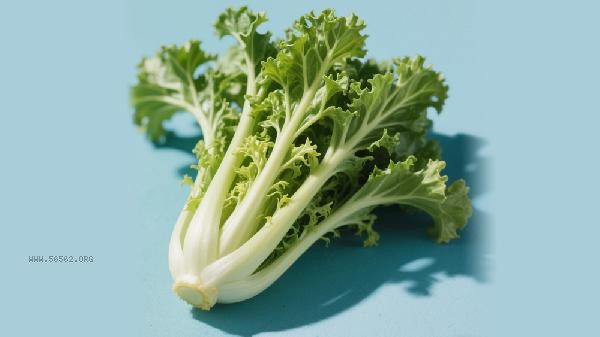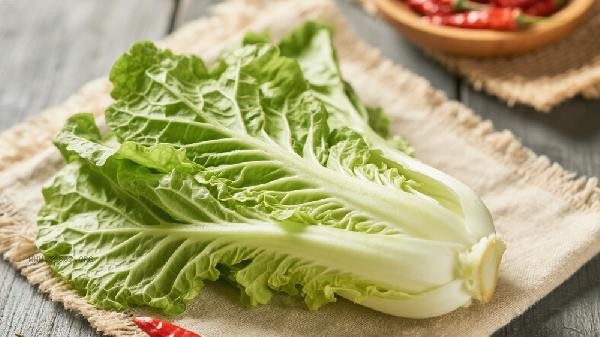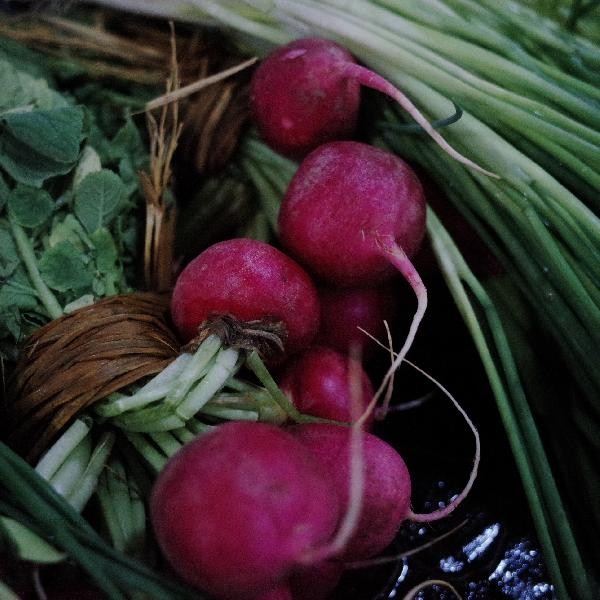The bitterness of pickled mustard greens can be improved by soaking, adding sugar, or secondary pickling. Bitterness may be caused by factors such as insufficient pickling time, high salt content, or aging of raw materials.

1. Soaking treatment
Cut the bitter mustard greens into thin slices or filaments, soak them in water for several hours, and change the water multiple times during this period to help dissolve the bitter substances. Soaking in cold water can better preserve the crisp and refreshing taste than soaking in warm water, making it suitable for pre-treatment before cold mixing. If the bitterness is too strong, the soaking time can be extended, but it should not exceed 12 hours to avoid nutrient loss.
2. Sugar Neutralization
Add an appropriate amount of white sugar or honey during seasoning, as sugar can react with bitter ingredients to reduce taste sensitivity. Mixing with sweet side dishes such as shredded carrots and apple slices can also balance the flavor. The ratio of sugar to vinegar in sweet and sour sauce is 3:1, which can mask the bitterness and enhance the refreshing taste.
3. Secondary pickling
Pour out the original salt water and mix the pickling solution again. Add 50 grams of salt and 10 grams of sugar per kilogram of mustard greens, and boil and cool with spices such as Sichuan pepper and star anise before use. For secondary pickling, it is necessary to ensure container disinfection, shorten the pickling time to 3-5 days, and regularly check to prevent excessive fermentation.

4. High temperature treatment
Cut the pickled products into pieces and blanch them in water for 30 seconds, or steam them for 5-8 minutes. Some bitter substances will decompose when exposed to heat. After processing, it should be immediately cooled with supercooled water to maintain crispness, suitable for stir frying or stewing soup. Note that prolonged high temperature cooking can cause the texture to soften and result in a significant loss of vitamin C.
5. Match with seasoning
Cover the bitter taste with heavy flavorings such as chili oil, garlic powder and sesame oil to make hot pickles or Pickled vegetables. Fermented seasonings such as fermented black beans and bean paste can counteract bitterness through umami substances, but hypertensive patients need to control their sodium intake.

Choosing fresh and plump mustard heads, removing the old roots and fiber parts can prevent bitterness. When pickling, use coarse salt and control the concentration at 15% -20%, and maintain the ambient temperature below 15 ℃. When the bitterness is too strong or accompanied by an odor, it should be discarded to avoid consuming spoiled food. Daily storage should be sealed and protected from light, and the condition of pickled products should be checked regularly. Reasonable combination with other ingredients can improve nutrition and taste.









Comments (0)
Leave a Comment
No comments yet
Be the first to share your thoughts!